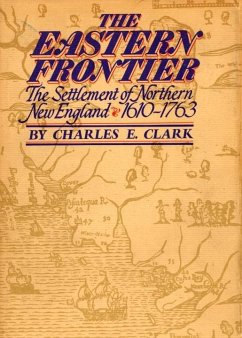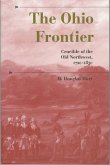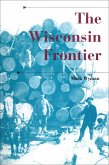In this fascinating social history of America's first frontier, Charles Clark brings to life the people and settlements of Maine and New Hampshire before the Revolutionary War. He describes what life was like beyond the Merrimack from the early fishing camps on the coast to the settlement of mid-eighteenth-century wilderness towns in the interior. The sturdy, independent men who first settled the craggy islands and salt marsh harbors of northern New England were a very different breed from their Puritan brethren to the south-they came to fish and trade, not to pray. Clark depicts their early brawling and lawless settlements, and their later taming by a morality imported from Massachusetts Bay. He demonstrates that to a large extent almost constant warfare molded the history of the region, but even more potent formative influences were the absorption of territory and the imposition of an alien culture by the Puritans of Massachusetts Bay. Dealing with urban dwellers, pioneers, villagers and country farmers, merchants and fisherman, clergymen and woodsmen, Clark traces the gradual shift from fishing and lumbering to farming; the development of a sophisticated merchant aristocracy; the surveying and laying out of towns in the inland wilds and the rise of manufacturing along rivers and streams; the emotional catharsis of the Great Awakening; and the crusade against France and Catholicism, culminating in the siege of Louisbourg. Throughout, this absorbing and colorful example of regional history at its best sheds new light on the process of making life work on the nation's oldest frontier.
Dieser Download kann aus rechtlichen Gründen nur mit Rechnungsadresse in A, B, BG, CY, CZ, D, DK, EW, E, FIN, F, GR, HR, H, IRL, I, LT, L, LR, M, NL, PL, P, R, S, SLO, SK ausgeliefert werden.









